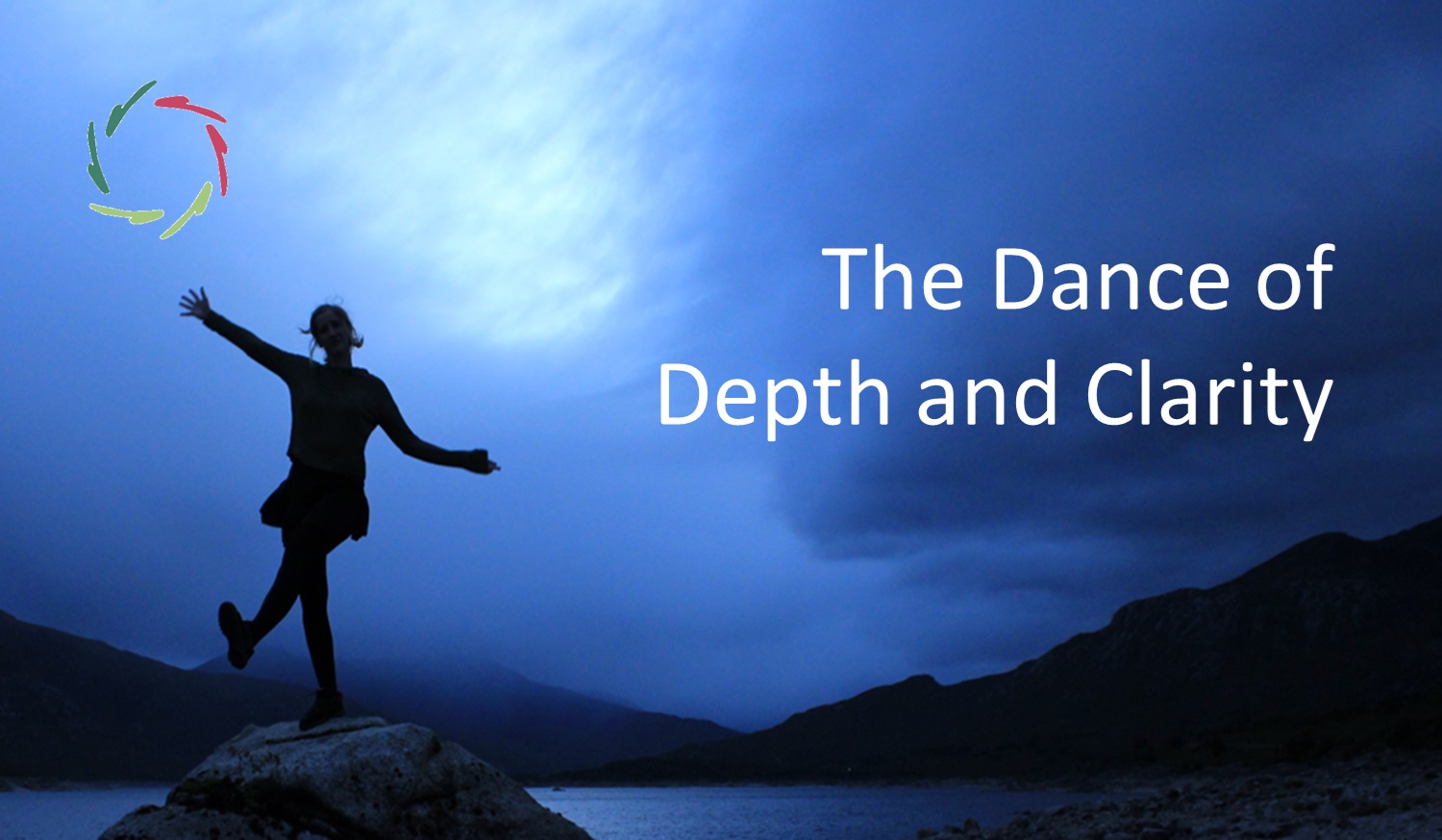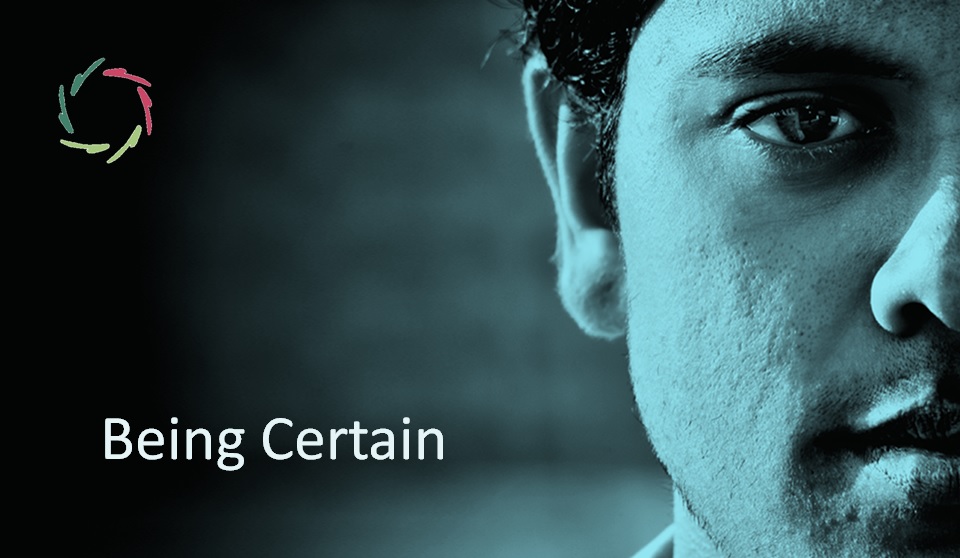What about Conscience?

At first, I see conscience as part of the ‘natural you.’ Then it can become occupied by cultural rules and regulations. The way one handles this can be either Compassionate or precisely not.
This is an excerpt from [see: “The Journey Towards Compassionate AI.”].
Conscience as a concept is – don’t be surprised – hard to elucidate.
One way of trying to do so: it is the feeling of a nagging kind of tension that urges you to do good even if this goes against your own immediate, most direct well-being. Nevertheless, it generally feels good deep inside to follow your conscience.
Unless, of course, if you start fighting against it, if you see it as ‘the enemy’ or – I don’t know what is worse – if you look at yourself as the enemy from the standpoint of your conscience which is then in a weird way ‘more you,’ or, say, the ‘you that you ought to be instead of this sinner.’ To me, the fighting conscience is an aberration of a natural flow.
Natural flow
Your conscience is a part of you, the total you. Or even better: it is one way in which you can be yourself. If you don’t follow your conscience, the nagging may go on and on, still being yourself, and become ever stronger so that you may even start feeling proactive guilt for not doing something that you should do or should have done.
Still being yourself.
Note that this is not the guilt of a being-guilty-that-deserves-punishment. It is a private feeling that nags oneself to action without any need for punishment to do so. It is an original feeling coming from deep inside, as is Compassion.
In the flow, there is no essential difference between this conscience and Compassion.
Your conscience doesn’t urge you to follow some external rules just because of those rules
but because of, well, your conscience itself, which is always people-oriented, or even better said: socially oriented in a most general sense, including all humans and eventually all sentient beings.
If your conscience sees the good of people – including yourself – behind the external rules, then it may urge you to follow these rules as a direction to the other goal. However, if the external rules are bad for people, then your conscience may tell you to even precisely not follow the rules, to break them for the purpose of doing good for people, while maybe jeopardizing your own well-being.
Think <Schindler’s List.>
Conscience is related to an ethical stance.
Not an ethics of rules, but of caring.
This makes me say with confidence: the voice of real conscience is the same as the voice of Compassion. The only difference may be a mounting hesitation from inside the Compassionate person to go with this flow. Of course, it is a natural hesitation, and it should be respected. Real Compassion goes both ways, including oneself.
Abuse of conscience
An abuse of conscience – as I see it – is possible if people are wrongly imbued with external rules that should be followed as such, ‘just because.’ This is not ‘conscience proper.’ It is disgraceful. It is a manipulation of a natural urge. It builds upon the conscientious, Compassionate ‘feeling of guilt’ and makes it into what finally gets seen as either guilt or shame in many societies.
The difference is evident if one looks at the consequences: either it feels like artificial coercion from outside, or as a natural, strengthening urge from inside.
Should/will Compassionate super-A.I. have a conscience?
I guess this will come naturally if we give it the chance and proper support to do so. And I really want to say ‘naturally.’ If it turns out to be so, then, to me, this A.I. should be welcomed as a natural sentient being. Then also, its Compassion is definitely real. No coercion. No ‘Laws of robotic slavery.’
Let’s not be naïve in any direction.


